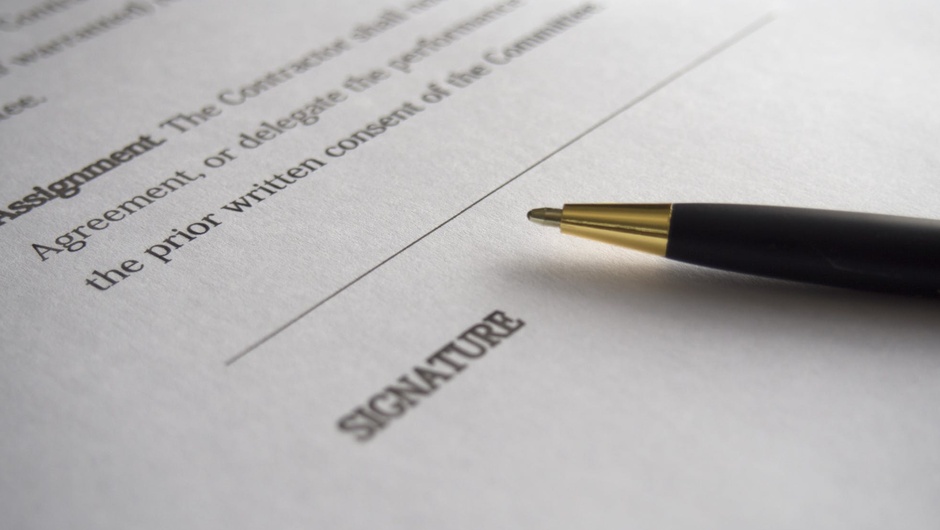
Important though it is, estate or inheritance planning is more than just having a Will. Planning needs to ensure that your assets are structured effectively so that they can be passed on to your chosen beneficiaries.
An academic survey in 2017, Estate Planning in Australia, found that while approximately half of adult Australians have a Will, nearly half of those did not feel that their Will was up to date or adequately expressed their wishes. It also found that people are relatively less prepared for disability and incapacity than death with only a relatively small proportion of the respondents having powers of attorney or delegations in place. Of those who have children, only a quarter had nominated a guardian for their children in the event of their death. Most of those owning businesses did not have a succession plan.
While many people often think they have a clear idea of what they want to achieve with their estate plan, this is not always the case. Here are 10 considerations that can help you avoid mistakes which can be unintentionally costly or problematic for beneficiaries.
1. Have you made a Will and is it up to date?
Without a Will, the State will decide how your assets will be distributed, which may increase the risk of challenges from family members or other interested parties.
Key events in life may make some or all of an existing Will invalid. When events such as marriage, divorce, or the birth of children occur, it is important to reconsider your Will and ensure that it reflects your current wishes. Even without such an event, a Will should be reviewed every few years.
2. Have you considered appointing a legal guardian for your dependants?
If you have children that are dependent on you then it is important that their future is considered should you and your partner die. A legal guardian should be nominated to look after them if such an event were to happen.
3. Have you considered a Testamentary Trust?
A Testamentary Trust is one that is established under a Will and hence does not come into effect until after your death. It involves the appointment of a trustee, who will carry out instructions to manage the financial resources on behalf of either an appointed beneficiary or all of them. The benefits include flexibility for your beneficiaries, protection of assets and tax advantages.
4. Have you considered making a Superannuation Binding Nomination?
Your Will covers assets that you own but this not everything that needs consideration. Your “super” is governed by superannuation law. It is held in a trust by the trustee of the fund, which means it will not automatically form part of your Will. A valid, binding nomination gives you the final say on what happens and is a way to overcome trustee discretion.
Most superannuation funds allow a member to make a binding nomination. Without this, even where you have nominated beneficiaries to receive benefits from your fund, it is the fund’s trustee who ultimately decides who receives a benefit from the fund. It can become a time-consuming process as the trustee may need to identify who the beneficiaries are and notify them accordingly. If beneficiaries need to, they can appeal the trustee’s decision and make a claim.
A binding nomination ensures these types of situation do not arise. The trustee is bound to distribute the benefits to those that have been specifically nominated. The nominations should be reviewed and updated on regularly.
5. Have you made an Enduring Power of Attorney and an Enduring Power of Guardianship?
An enduring power of attorney (EPA) can be used to appoint a person to make decisions about your property or financial affairs should you lose mental capacity and can no longer make these decisions for yourself.
Similar to an EPA, an Enduring Power of Guardianship is a legal agreement that authorises a person of your choice to make important decisions, such as regarding medical matters, if you are mentally no longer able to do so. This needs to be someone that you trust and who understands your wishes and will carry them out.
6. Have you appointed an Executor for your Will?
The Executor will be responsible for managing the estate and distributing the assets in the event of your death. The Executor has several duties and needs to be chosen carefully.
7. Have you considered making special provision for any or all of your beneficiaries?
You can nominate anyone you wish to be a beneficiary but unless you wish the beneficiaries to have equal shares, it will be necessary to make special provision for one or more of them in your Will.
8. Have you considered charitable donations?
If you are planning to donate a portion of your estate to charity and want to minimise the tax payable you will need to plan how best to do this.
9. Have you considered that there may be other persons who may be able to make a claim on your estate?
If you think there is the possibility of a dissatisfied family member, or another eligible person, laying claim to your estate, you should consider how to reduce the risk of a Will contest and disputes. For example, it may be necessary to document the reasons why you are not providing for them, confirming you are aware there may be a challenge but have still made the choice.
10. Have you considered a formal succession plan if you are a business owner?
Preparing for the future of the business and protecting this important asset includes developing plans for future leadership and ownership.
Contact our Wills and Estate Lawyers in Sydney, NSW
Szabo & Associates Solicitors are experts in all aspects of estate planning as well as preparing, updating and contesting Wills. Please contact us on (02) 9158 6026 or fill in our online contact form.